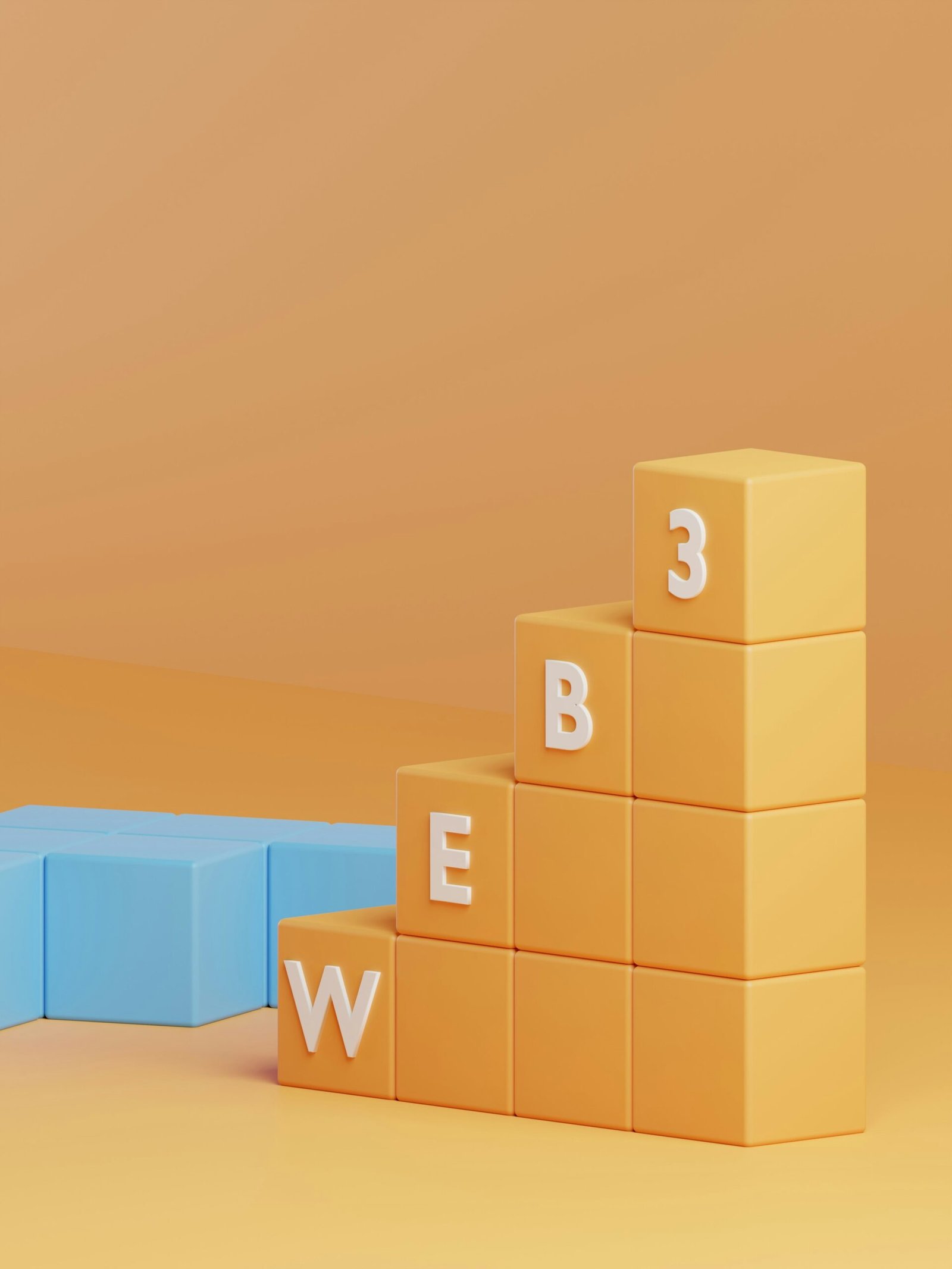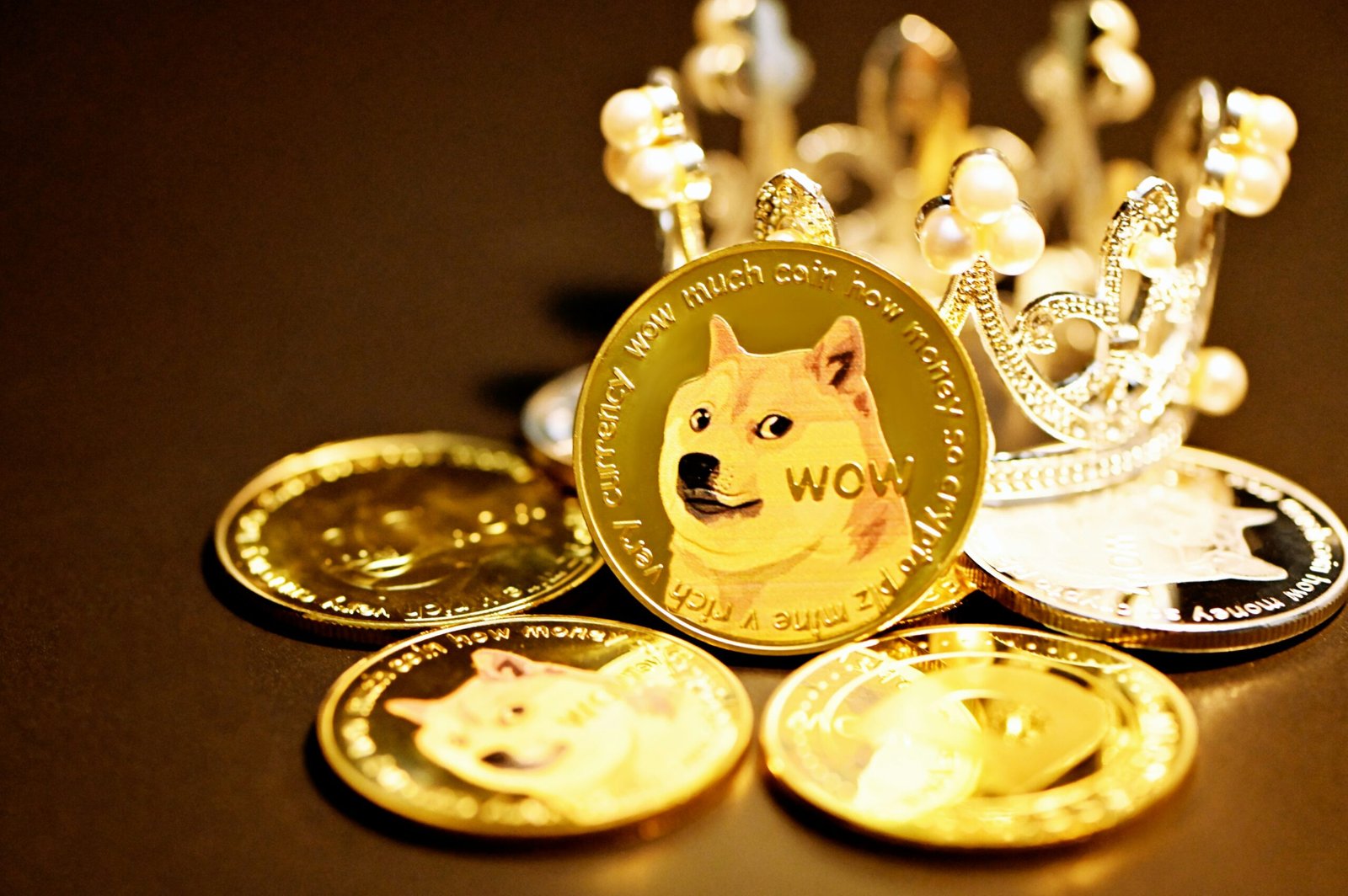
Understanding DeFi Tokens
DeFi, short for Decentralized Finance, has gained significant attention in the cryptocurrency world in recent years. DeFi tokens are digital assets that are built on blockchain technology and are used within decentralized finance platforms. These tokens enable users to access various financial services, such as lending, borrowing, and trading, without the need for intermediaries like banks or traditional financial institutions.
DeFi tokens operate on decentralized platforms, which are powered by smart contracts. Smart contracts are self-executing agreements that automatically execute when predefined conditions are met. These contracts ensure transparency, security, and efficiency in financial transactions.
DeFi tokens serve different purposes within the decentralized finance ecosystem. Some tokens act as governance tokens, allowing holders to participate in the decision-making process of the platform. Others serve as utility tokens, providing access to specific services or features within the platform.
One of the key advantages of DeFi tokens is their ability to democratize access to financial services. Traditional financial systems often exclude individuals who do not meet certain criteria, such as creditworthiness or geographical location. With DeFi tokens, anyone with an internet connection can participate in decentralized finance, opening up opportunities for financial inclusion on a global scale.
Moreover, DeFi tokens offer users greater control over their funds. Since these tokens are built on blockchain technology, users have full ownership and control over their assets. This eliminates the need to rely on third parties to manage and safeguard funds, reducing the risk of theft or loss due to hacking or fraud.
Furthermore, DeFi tokens provide users with the ability to earn passive income through various mechanisms. For example, users can lend their tokens to others and earn interest on their holdings. They can also participate in liquidity pools and earn fees for providing liquidity to the platform.
Overall, DeFi tokens are revolutionizing the way financial services are accessed and provided. With their decentralized nature, transparency, and ability to empower individuals, these tokens have the potential to reshape the global financial system and make it more inclusive and efficient.
Where to Buy DeFi Tokens
If you’re interested in investing in DeFi tokens, there are several platforms where you can buy them. Here are some popular options:
1. Decentralized Exchanges (DEX)
Decentralized exchanges are platforms that allow users to trade cryptocurrencies directly with each other without the need for intermediaries. Some popular DEX platforms include Uniswap, SushiSwap, and PancakeSwap. These platforms typically require users to connect their digital wallets, such as MetaMask or Trust Wallet, to facilitate the transactions.
Uniswap, one of the leading DEX platforms, is built on the Ethereum blockchain and uses an automated market maker (AMM) model. It allows users to trade ERC-20 tokens directly from their wallets, providing a seamless and decentralized trading experience. SushiSwap, a fork of Uniswap, offers additional features such as yield farming and staking. PancakeSwap, on the other hand, is built on the Binance Smart Chain (BSC) and offers lower transaction fees compared to Ethereum-based DEX platforms.
2. Centralized Exchanges (CEX)
Centralized exchanges are traditional cryptocurrency exchanges that act as intermediaries between buyers and sellers. These exchanges, such as Binance, Coinbase, and Kraken, offer a wide range of cryptocurrencies, including DeFi tokens. Users can create an account, deposit funds, and trade these tokens on these platforms.
Binance, one of the largest cryptocurrency exchanges, offers a user-friendly interface and a wide selection of DeFi tokens for trading. Coinbase, a popular platform for beginners, provides a simple and intuitive user experience. Kraken, known for its robust security features, offers advanced trading options for experienced users.
3. Token Launchpads
Token launchpads are platforms that facilitate the initial launch of new DeFi tokens. These platforms conduct token sales or initial coin offerings (ICOs) and provide a way for investors to participate in the project from the early stages. Some popular token launchpads include Binance Launchpad, Polkastarter, and TrustSwap.
Binance Launchpad, operated by Binance, is a platform that helps innovative blockchain projects raise funds and gain exposure. Polkastarter, built on the Polkadot network, focuses on cross-chain token pools and decentralized fundraising. TrustSwap offers a suite of services for token launches, including token locks, smart contract audits, and token distribution.
4. Peer-to-Peer (P2P) Trading
Peer-to-peer trading platforms enable users to buy and sell cryptocurrencies directly with other individuals. These platforms, such as LocalBitcoins and Paxful, provide a marketplace where users can find sellers and negotiate the terms of the trade. P2P trading offers more privacy and flexibility compared to centralized exchanges.
LocalBitcoins is a popular P2P trading platform that allows users to buy and sell Bitcoin using various payment methods. Paxful, another well-known platform, supports a wide range of cryptocurrencies and offers an escrow service to ensure secure transactions between buyers and sellers.
5. DeFi Aggregators
DeFi aggregators are platforms that aggregate liquidity from multiple decentralized exchanges. These platforms, such as 1inch and Matcha, offer users the ability to find the best prices and execute trades across multiple DEX platforms. DeFi aggregators provide a convenient way to access a wide range of DeFi tokens.
1inch, a decentralized exchange aggregator, sources liquidity from various DEX platforms to provide users with the best possible trading rates. It also offers features such as limit orders and gas optimization to enhance the trading experience. Matcha, powered by 0x Protocol, aggregates liquidity from multiple DEXs and provides a user-friendly interface for seamless token swaps.
When buying DeFi tokens, it’s important to consider factors such as liquidity, security, and fees. Each platform has its own advantages and limitations, so it’s advisable to do thorough research and choose the platform that best suits your needs and preferences.
Factors to Consider
When buying DeFi tokens, it’s important to consider several factors to make informed investment decisions:
1. Research the Project
Before investing in any DeFi token, it’s crucial to research the project behind it. Look into the team members, their experience, and the project’s roadmap. Assess the project’s viability, potential for adoption, and any partnerships or collaborations it has. This will give you a better understanding of the project’s long-term prospects and whether it aligns with your investment goals.
2. Tokenomics
Tokenomics refers to the economic model and distribution of a token. Understand the token’s supply, distribution, and any mechanisms in place to incentivize holders. Consider factors such as token utility, staking rewards, and potential token burns or buybacks. This analysis will help you evaluate the token’s potential value and its ability to generate returns.
3. Security and Audits
Security is paramount in the DeFi space. Look for projects that have undergone security audits by reputable firms. Assess the platform’s track record, any past security incidents, and the measures in place to protect user funds. Additionally, consider the smart contract’s code quality and whether it has been audited for vulnerabilities. By prioritizing security, you can mitigate the risk of potential hacks or exploits.
4. Liquidity
Liquidity is important when trading DeFi tokens. Consider the trading volume and liquidity of the token on different exchanges. Higher liquidity ensures that you can buy or sell the token without significant price slippage. Additionally, assess the token’s presence on decentralized exchanges (DEXs) and the liquidity pools it is part of. This will provide you with options for trading and exiting your positions when needed.
5. Community and Social Engagement
The strength of the community behind a DeFi project can greatly impact its success. Look for active communities on social media platforms, such as Telegram or Discord. Engage with the community to gain insights and assess the project’s reputation. Evaluate the team’s responsiveness to community feedback and their ability to deliver on promises. A supportive and engaged community can contribute to the project’s growth and adoption.
Remember, investing in DeFi tokens carries risks, and it’s important to only invest what you can afford to lose. It’s advisable to consult with a financial advisor or do thorough research before making any investment decisions. By considering these factors and staying informed, you can increase your chances of making successful investments in the dynamic and rapidly evolving DeFi market.
- #Mumbai
- #Delhi
- #Bangalore
- #Kolkata
- #Chennai
- #Hyderabad
- #Pune
- #Ahmedabad
- #Jaipur
- #Surat
- #Lucknow
- #Kanpur
- #Nagpur
- #Patna
- #Indore
- #Thane
- #Bhopal
- #Visakhapatnam
- #Vadodara
- #Firozabad




